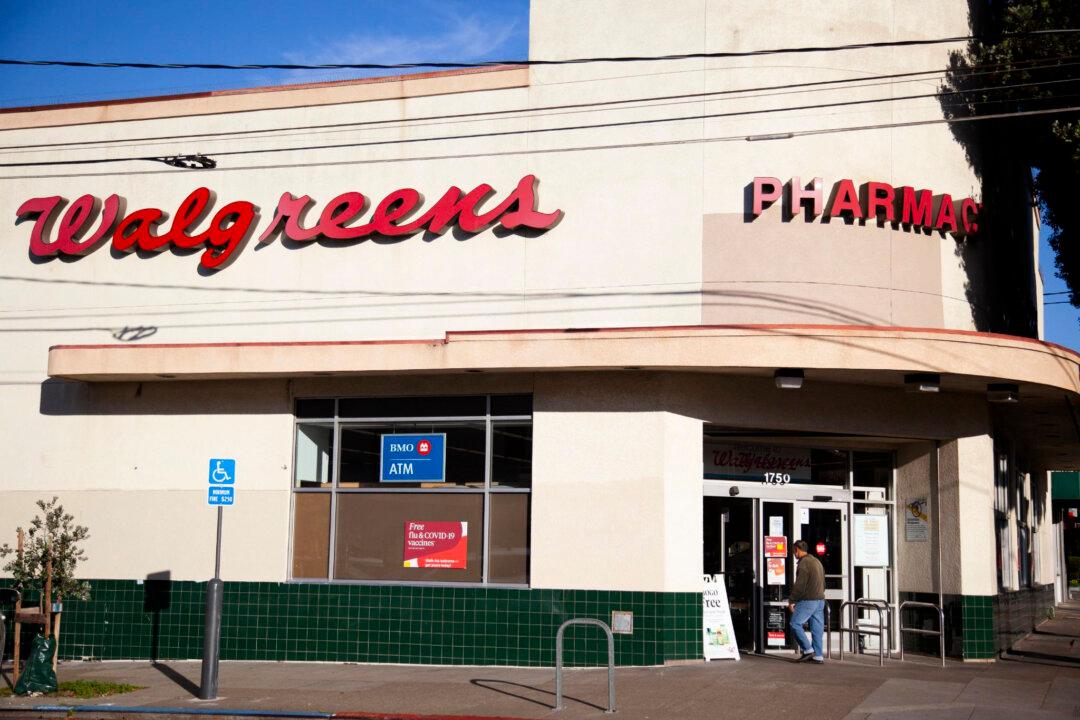The U.S. Department of Justice (DOJ) filed a civil complaint in the U.S. District Court for the Northern District of Illinois, accusing Walgreens Boots Alliance, Walgreen Co., and subsidiaries of illegally dispensing millions of opioid and other controlled substance prescriptions.
The suit, announced on Jan. 17, alleges the pharmacy chain violated the Controlled Substances Act (CSA) by knowingly filling prescriptions without a legitimate medical purpose and also violated the False Claims Act (FCA) by seeking reimbursement from federal health care programs for those prescriptions.





